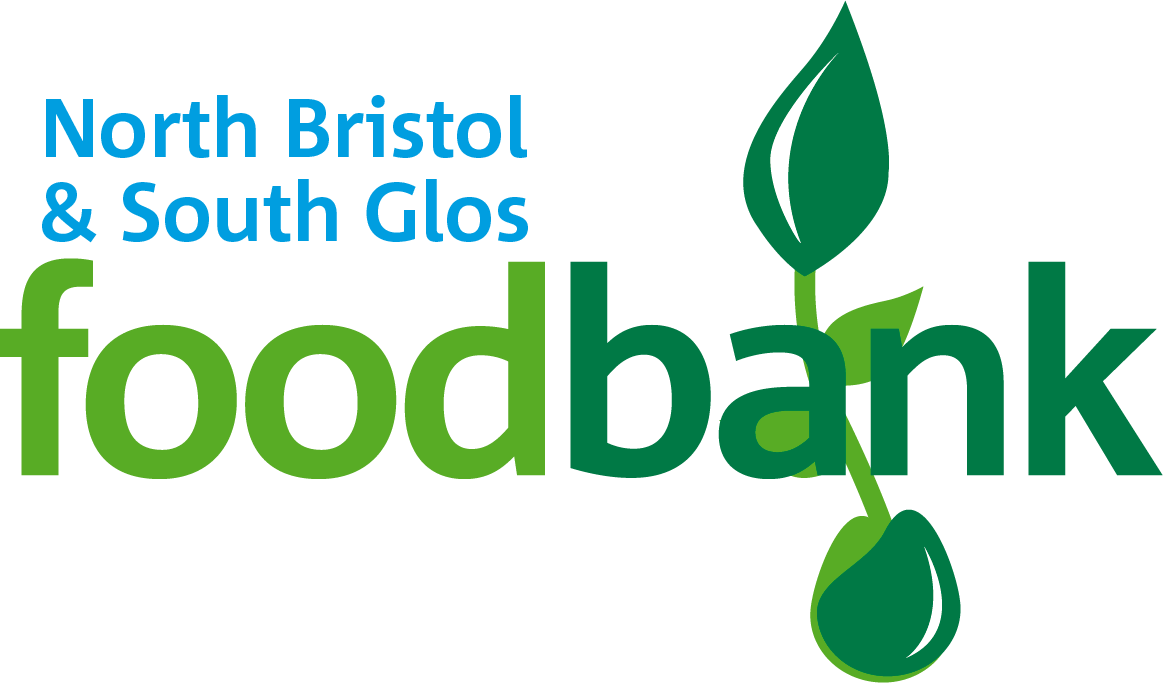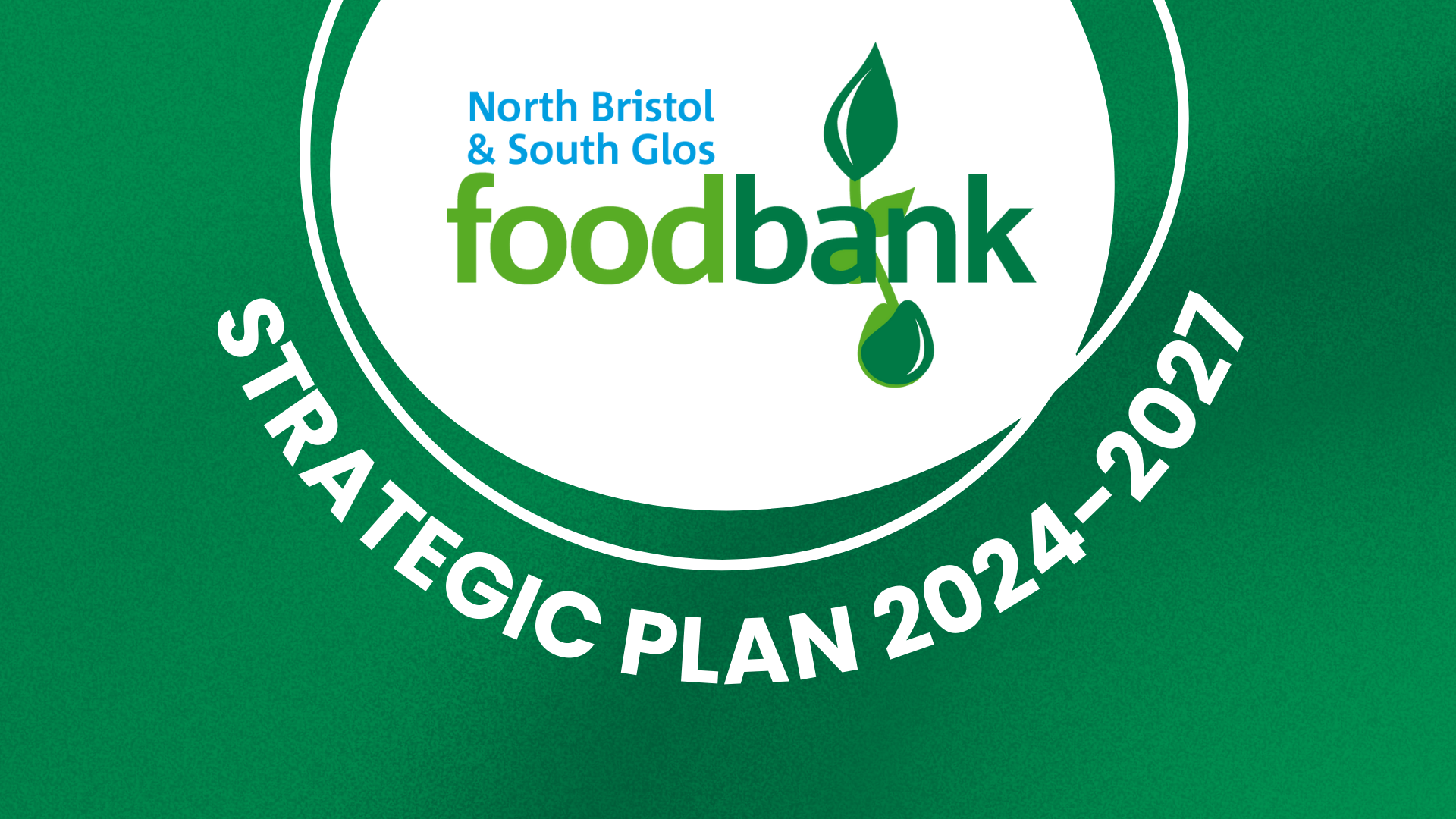About
Strategy
Background and Context
North Bristol & South Gloucestershire (NBSG) Foodbank have created a strategic plan, where we look towards the vision of ending the need for food banks. In order to do this, we know that more is needed than just providing emergency food parcels, as that is a band-aid solution, and we need to look at the root causes of people needing to use the food bank and start to tackle those problems. Using the analogy of people falling in a river, the help we provide through emergency food is like us standing downstream and pulling people out of the river after they have fallen in. We want to look at how we can go upstream and stop people falling in the river. As we do this, we will not stop helping through emergency food provision and will commit to ensuring that we still provide a high quality service for those who need to use food bank.
We are aware that there are a lot of excellent organisations and statutory services doing really great work around the city. We don’t want to duplicate work, but we want to identify the priority needs and collaborate with others to work towards finding solutions. We therefore decided to do a series of consultations with our main stakeholders – referral agencies, church partners & local churches, clients, staff, volunteers and trustees – in order to gather as much information and ideas to help us create a plan that is effective and uses not only our resources well, but those of the organisations and bodies with whom we want to partner.
Decision Process
For the consultations, we created a series of questions that we asked people, based on the Trussell Trust goals of ‘Changing Minds, Changing Policies, & Changing Communities. Alongside this we are gathering data and statistics to help assess where the biggest needs are and what we should be prioritising in the work we do and partnerships we form.
We used the information we gathered at the initial round of consultations to meet with local community groups and other food providers who we might be able to directly partner with in shaping and carrying out projects. We gave them a summary of ideas that we had gathered and discussed whether they already did existing work in these areas that we could support and if not, if they would be interested in looking to work with us to meet some of the unmet needs.
The overriding opinion from all the consultations was that as an organisation we should focus our work on ‘Changing Communities’, while also doing some work to tackle ‘Changing Minds’ and ‘Changing Policies’. We took the final results and ideas to our board of trustees in order to prioritise where and how we wanted to work, our capacity and resource capabilities and restrictions, and in doing so created a set of 6 goals. These goals will allow us to create new projects that work towards the end of needing food banks through changing minds, policies and communities, while also ensuring that our current operations are improved and that we are able to give the best service we can for as long as food banks are needed.
Vision
To end the need for food banks in North Bristol & South Gloucestershire.
Values
Our values are the fundamental driving principles that are based on our Christian ethos:
- Compassion
- Justice
- Community
- Dignity
Strategic Plan
We’re transforming NBSG Foodbank into a compassionate Advice First model, guiding individuals toward lasting solutions, fostering community hubs that extend beyond emergency food, and changing perceptions to create empathy about poverty. Our commitment to efficiency, financial stability, and strategic planning ensures that every action brings us closer to a future without the need for food banks.
Goals
- To have an Advice First model so that food bank is a last resort.
- To prevent over-reliance on food bank by providing pathways to long-term solutions.
- For food bank outlets to become ‘community hubs’.
- To provide appropriate food & essential items to service users.
- To change minds, change policy, and create empathy about poverty.
- To operate as efficiently and effectively as possible.
Click on the goals to find out more- we will continue to update these pages as we develop and implement our strategic plan.

